
A single mother who once lived off-grid in a caravan with her three children and made £60 a week teaching other mums how to forage is now earning £120,000 a year as a self-sufficiency guru who shares ‘expertise’ on surviving the apocalypse.
While Diana Hamill Page, 50, studied business and criminology at university, it was her life skills – honed during a childhood reared by a scientist father and a grandfather who was ex-military – that equipped her with the supreme survival techniques she is now teaching.
Currently based in a rented three-bedroom cottage on a two-acre farm near York, North Yorkshire, she teaches 60 people a week how to forage, make toiletries from natural ingredients and become fully self-reliant.
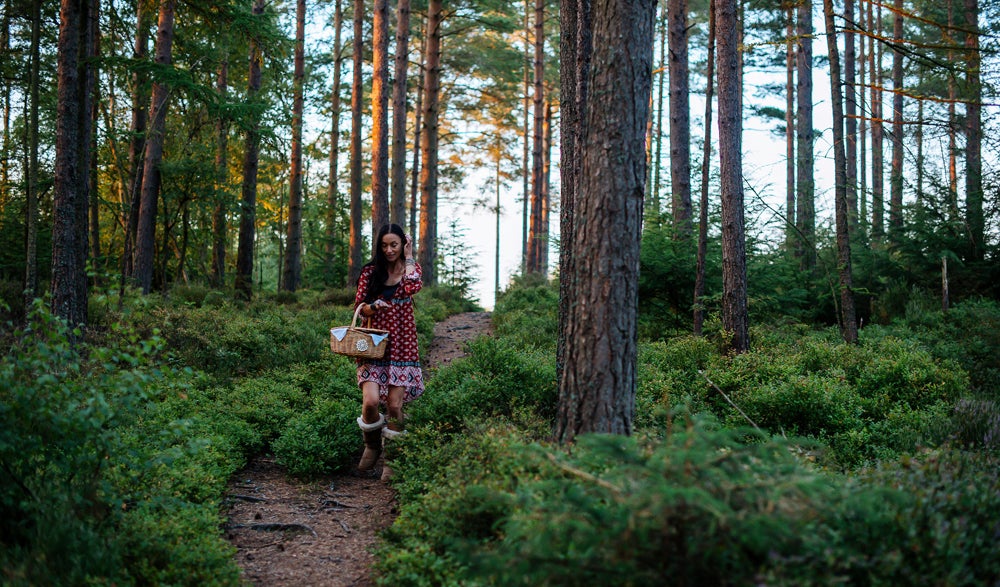
Divorcee Diana, who raised her children Maya, 23, Noah, 21, and Matthias, 18, in a caravan for five years, said: “After I had my first child, I was learning a lot about permaculture, which is based on understanding nature, and having kids made me passionate about their future.
“I wanted to future proof my kids. I needed to learn the skills we’d need in a power down situation, so I could save them.
“I feel like I needed to parent my children in way where they could contribute to our society. I think self-reliance and forming resilient communities needs resilient individuals.”
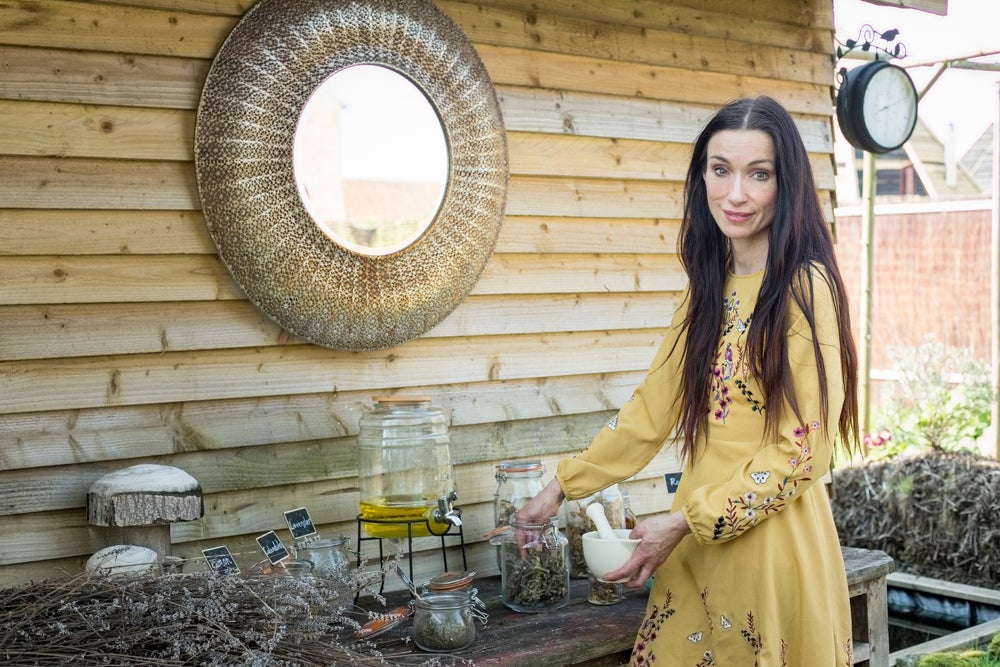
Diana launched the Wild Harvest School in 2006 and now charges between £18 and £159 for courses she runs from a series of teepees pitched in the farmland surrounding her home.
But she hopes to one day live off-grid again in the Dordogne region of France, where she has invested £24,000 in a 50sq metre one-bed cabin, surrounded by four acres of land.
She said: “Once I finish working and my children are old enough, I will go to France and live out my dreams off-grid.”
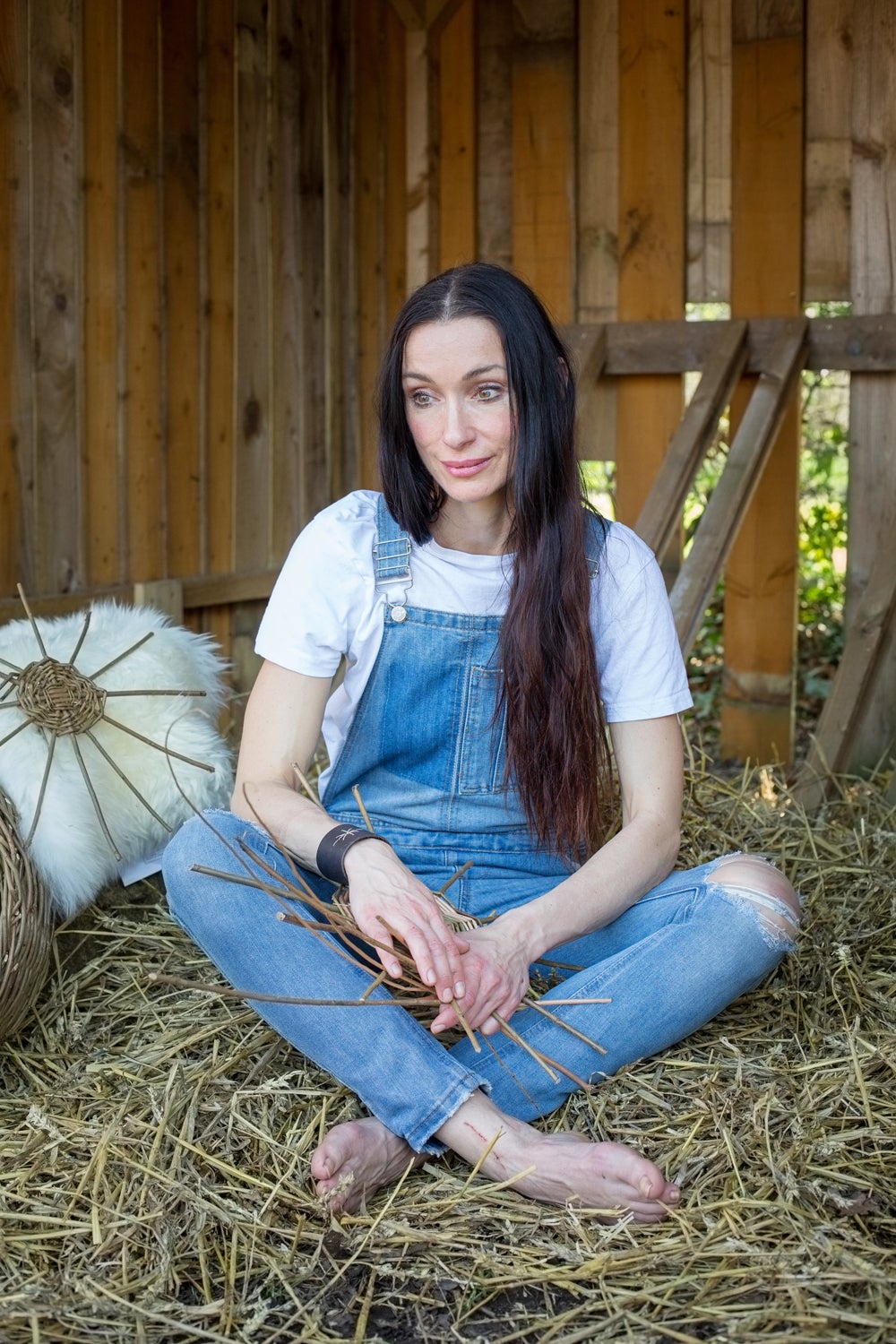
Diana developed a taste for self-sufficiency as a child when she was raised by her father, Fred Page, and her army veteran grandfather, also named Fred, after her mother left the family home when she was a baby.
She says her dad “never bought anything” and made everything including soap and yoghurt, while she grew up without any central heating.
“I think this lifestyle started for me at birth,” she said. “I was raised by my dad and my grandad and they didn’t know what to do with a little girl in the 70s.”
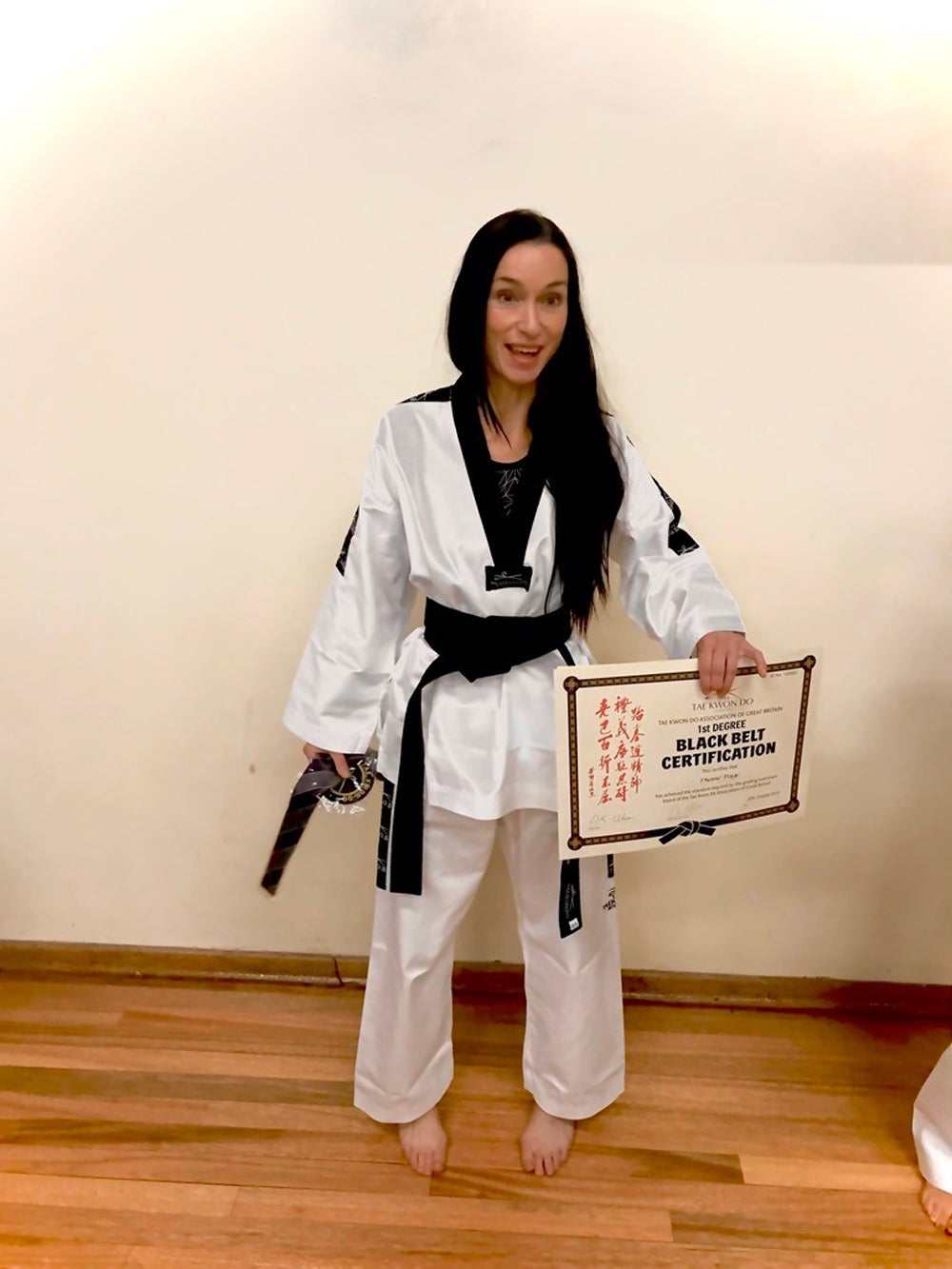
She added: “They even taught me to break into the house because they kept locking me out. They taught me how to screw the window open!
“Everything was made and mended, too.
“We were living in a coastal town, so I spent a lot of time in the back garden in our normal semi, where my dad used to grow things like sweetcorn, strawberries and rhubarb.”
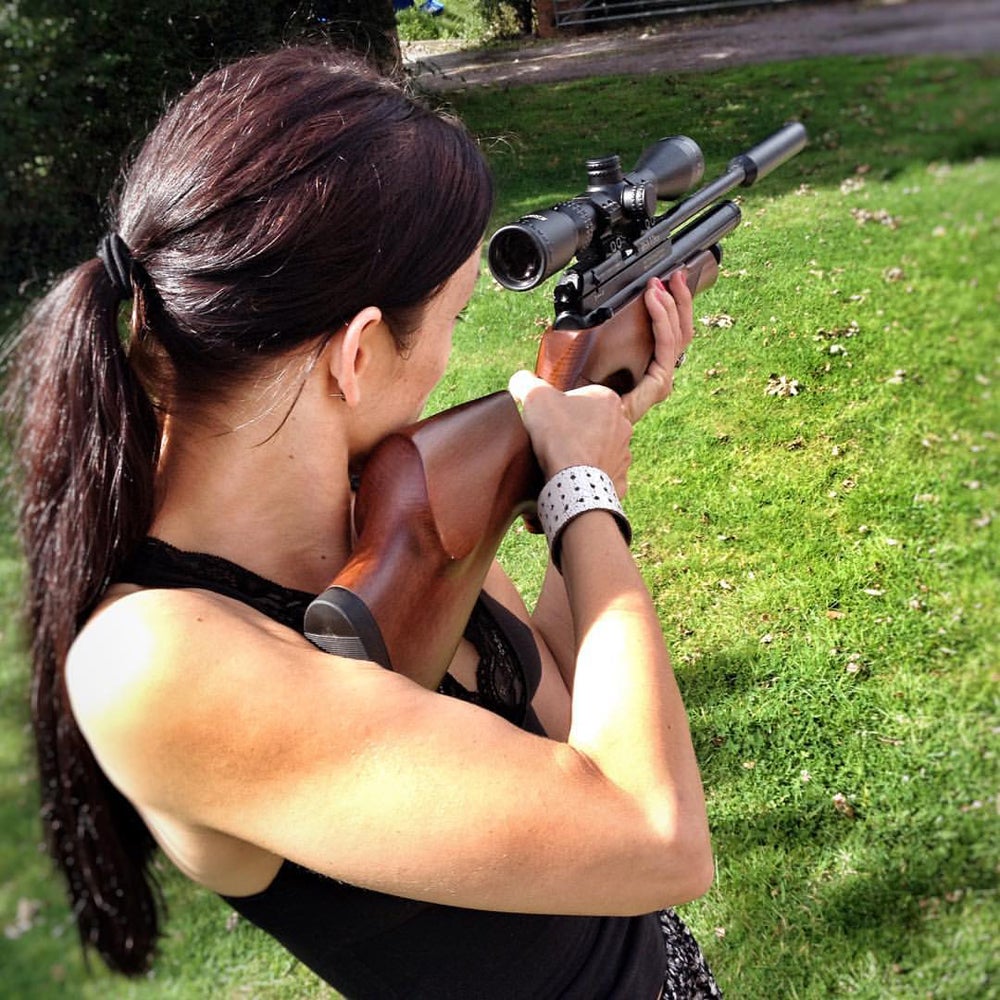
Still, growing up, Diana recalls having a typical teenage life – going clubbing and going to university.
She said: “Studying and exercise were always my focus throughout my teens. I got through college and had a normal life going to night clubs and dating and did business studies at Newcastle University.”
But that all changed after 1997, when Diana became increasingly drawn to “Doomsday thinking,” which meant she feared everything from a civil war, to an economic collapse or some other kind of apocalypse, and decided to abandon the Masters she was then taking in riminology to teach her children how to be self-sufficient.
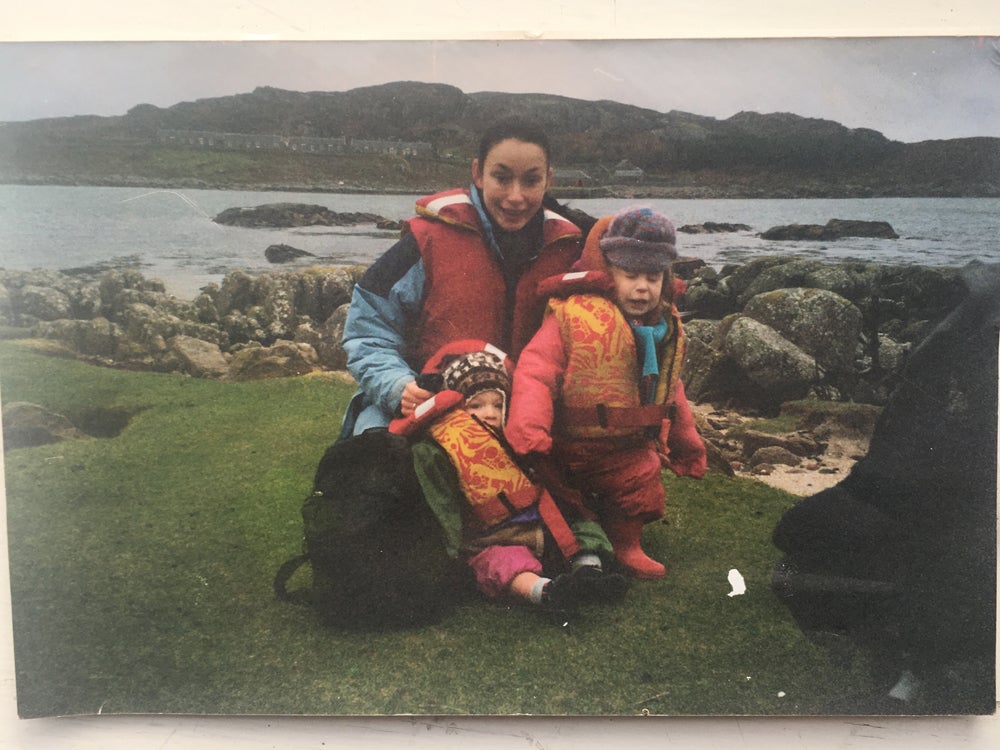
She said: “This passion for prepping was born out of love for my children, as I wanted to make sure they could live well.
“And I knew that it was possible to survive with very little.
“I needed to be able to protect them.”
By 2000, Diana was earning just £80 a week for being her grandad’s carer and lived in a dreamy two-bed thatched cottage in Farndale, North Yorkshire.
But the house was full of things they did not need, according to Diana, who began to give away any items without at least two functions – meaning she parted with her toaster, kettle and many other items until she was left with just a bed, wardrobe and a sofa.
She said: “The house was full of so much we didn’t need.”
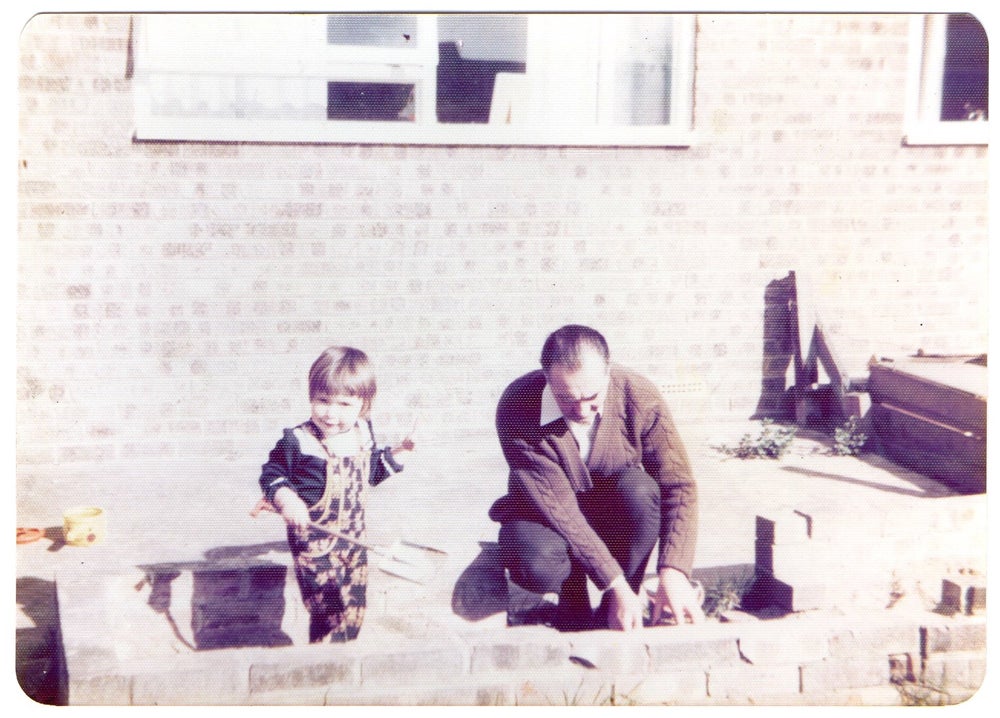
She added: “Everything we own should have at least two functions.
“Once I got rid of everything in the cottage in Farndale I realised I didn’t need it.”
Most of Diana’s income went towards paying for her children’s £20 a week private schooling at the Moorland Waldorf School on the North Yorkshire Moors, which values childhood as a time of freedom, curiosity and discovery, and is partially funded by the community.
Then, in 2005, Diana decided to uproot her family and move into a 20ft caravan on a farm in the North Yorkshire Dales which cost her just £50 a month.
There, she was determined to teach her children how to forage, preserve fruit, use an air rifle and survive in nature.
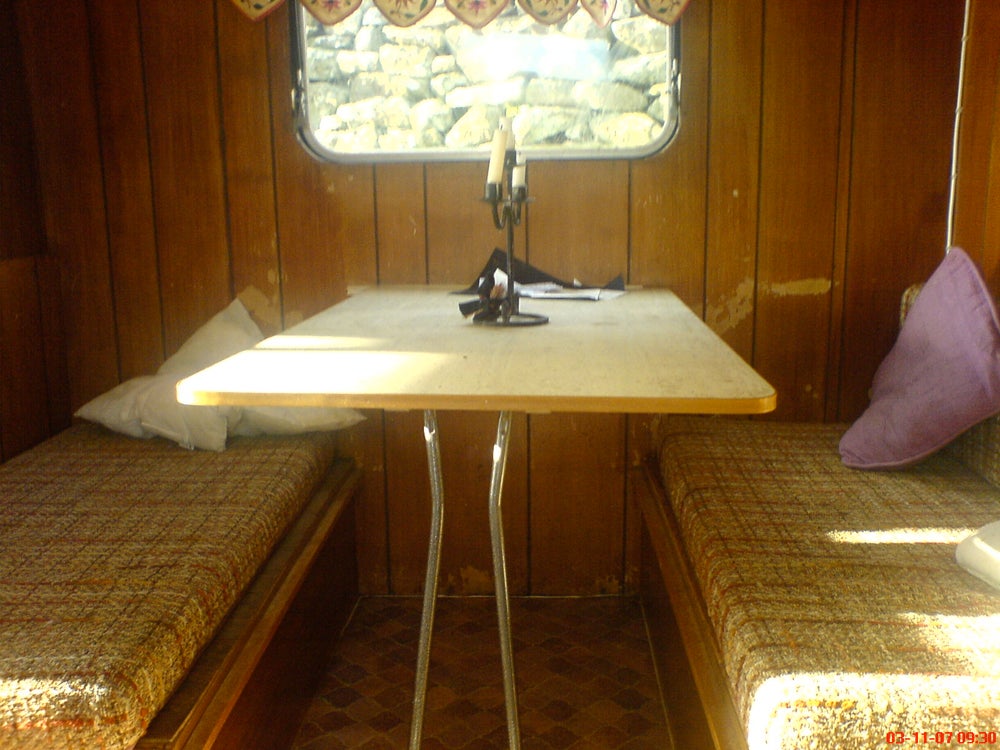
She said: “My kids are my entire life. I just wanted to live in an environment which was conducive to their happiness.
“We had nature walks and ate the freshest and healthiest food.
“I had got rid of everything and I was on this journey of freeing myself and connecting with nature.”
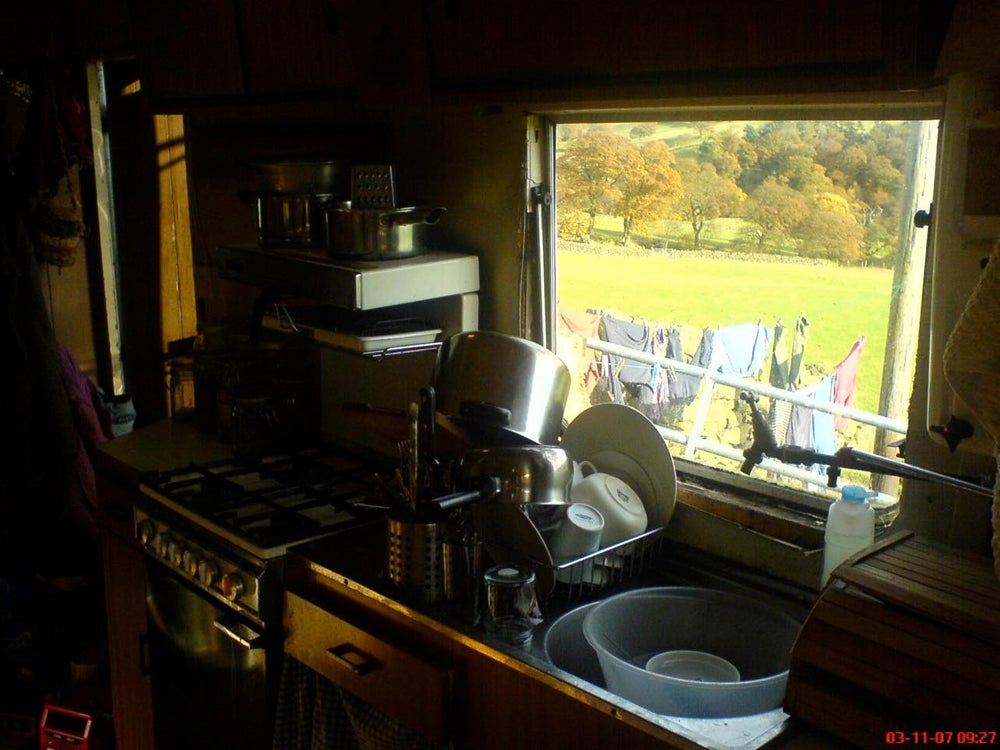
Diana and her three young children, then aged between 18 months and seven, all slept in one big double bed without heating or a TV and survived through the harsh winters by setting up fires and boiling water.
Diana did the family’s laundry in a nearby farmer’s washing machine while the kids showered once a week at their grandad’s house.
They had a bathing day, a swimming day, and would eat on paper plates so they could use them to light a fire.
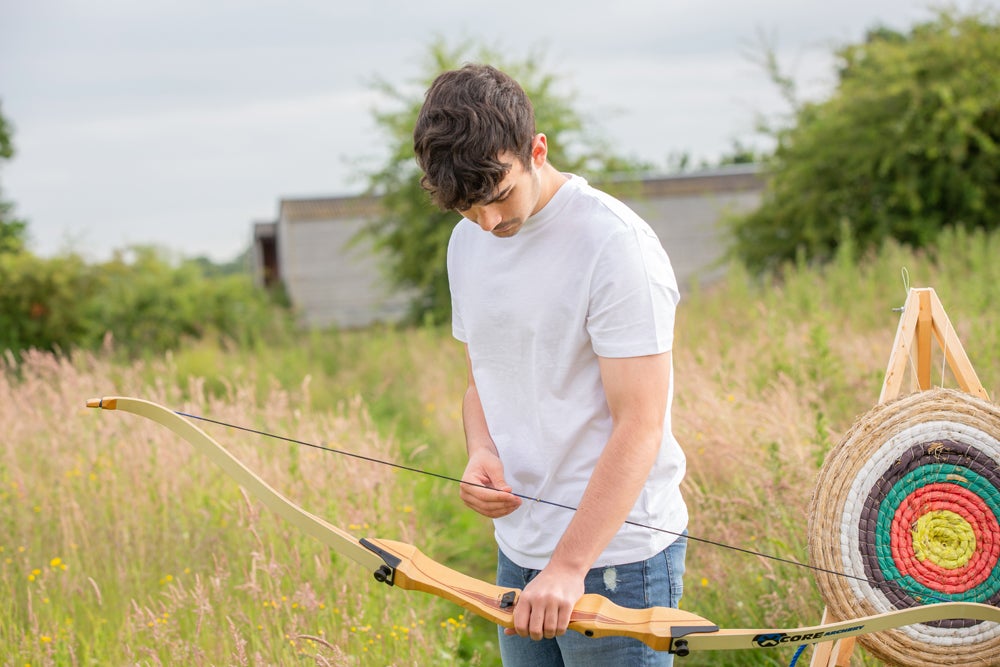
Diana said: “One day would be bathing day, and one day swimming day.
“On Fridays, we would cook things on an open fire outside.
“The kids would bring their friends, we’d eat on paper plates, and we’d use the plates afterwards to light a fire and dance by candle light.”
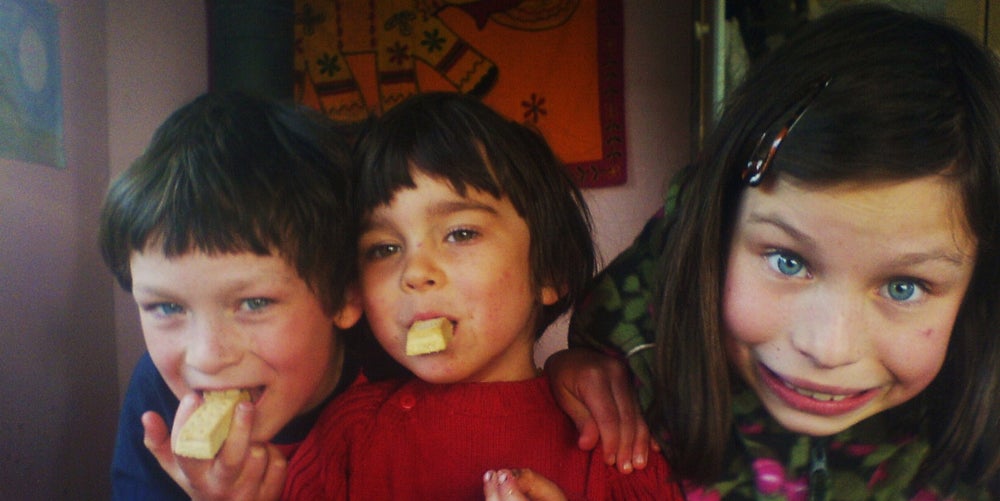
Living “off grid” in the remote countryside, the family did not have a toilet, or hot running water and needed logs or to boil water for heat.
Diana taught her children how to preserve fruit and they ate mostly home-made jams and chutneys – also learning essential skills like basket weaving, candle-making, and archery.
Diana, who also owns an air rifle, said: “It was really quite incredible, because each day we would be out foraging, we’d go to the river and explore nature.”
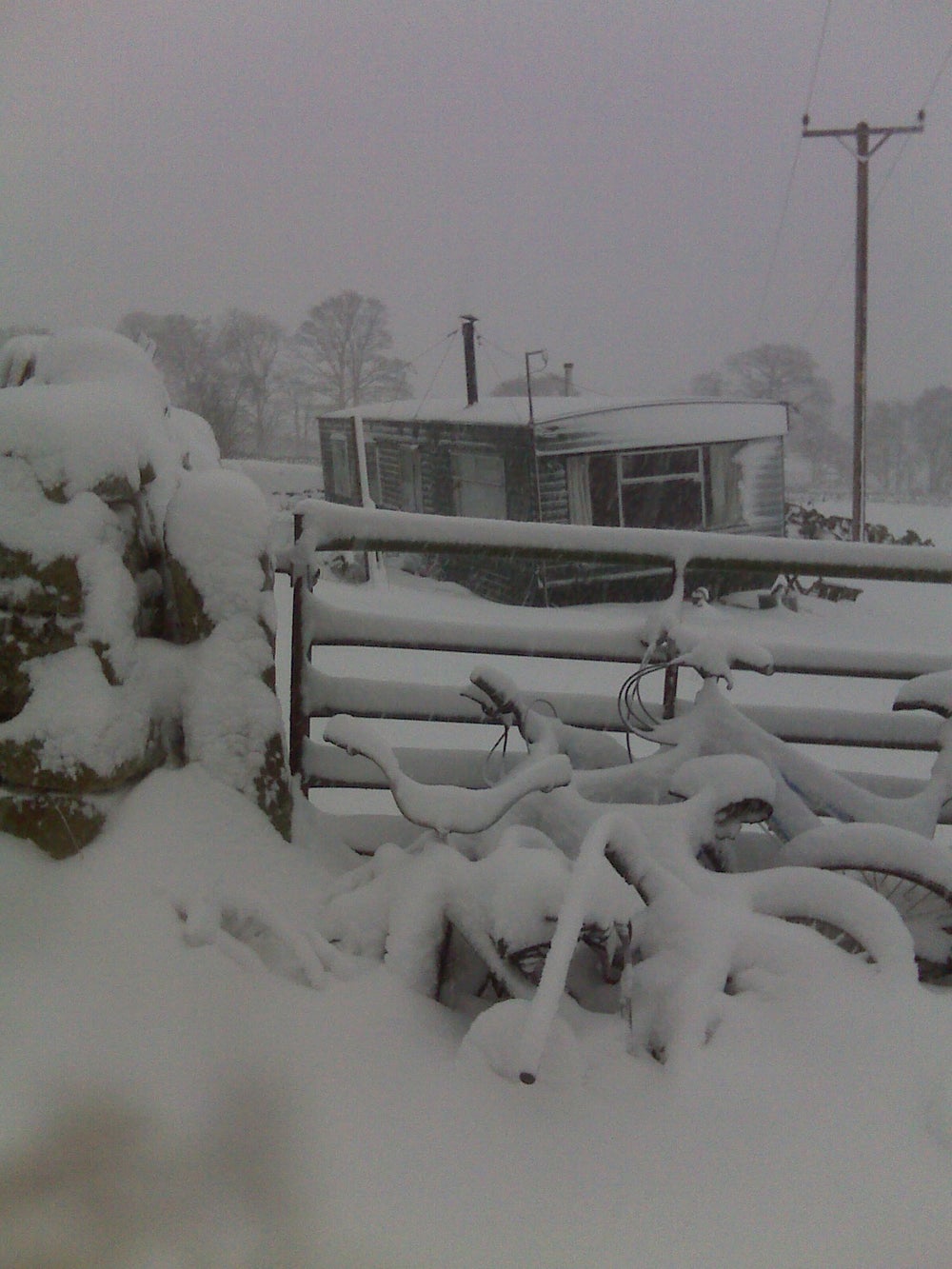
She added: “I just wanted to make sure my children had all the tools they needed to survive.
“We got air rifles mainly for self-defence, as if anything happened, I was just a single mum with three kids.
“I needed a way to protect my children. I put them through boxing and they’ve learned how to shoot.”
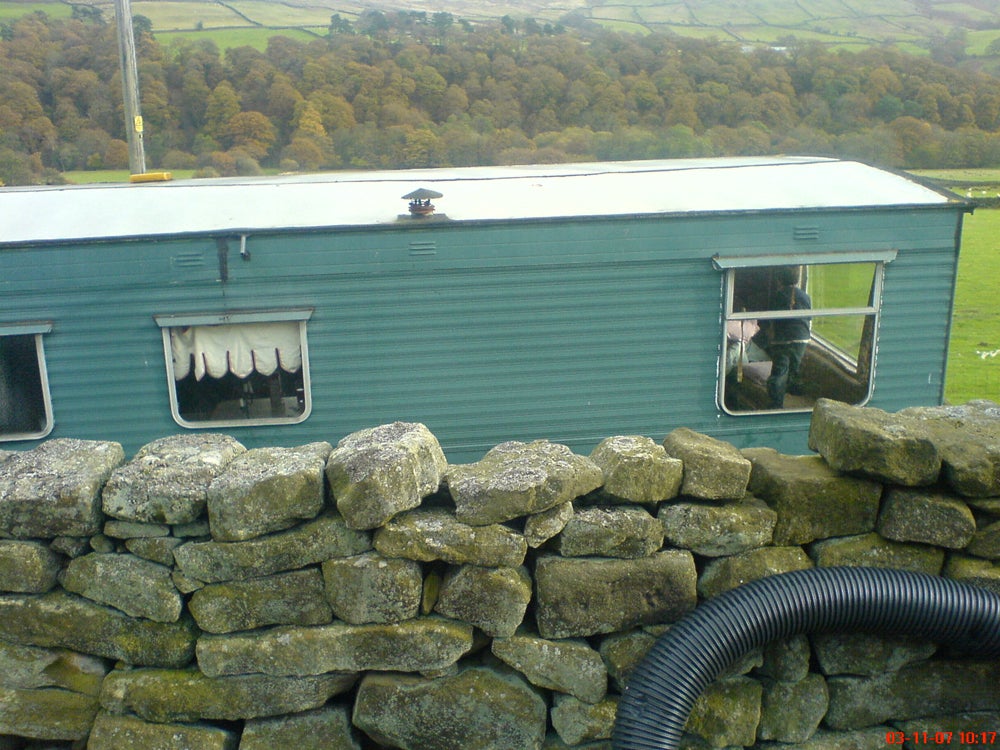
Despite being vegetarian, Diana still showed her children how to skin and butcher roadkill which they found.
They made their own soap and yoghurt and only went shopping occasionally.
Diana said: “Everything you need is in nature and while it can be a more modest life, it’s the most fulfilling life you can live.”
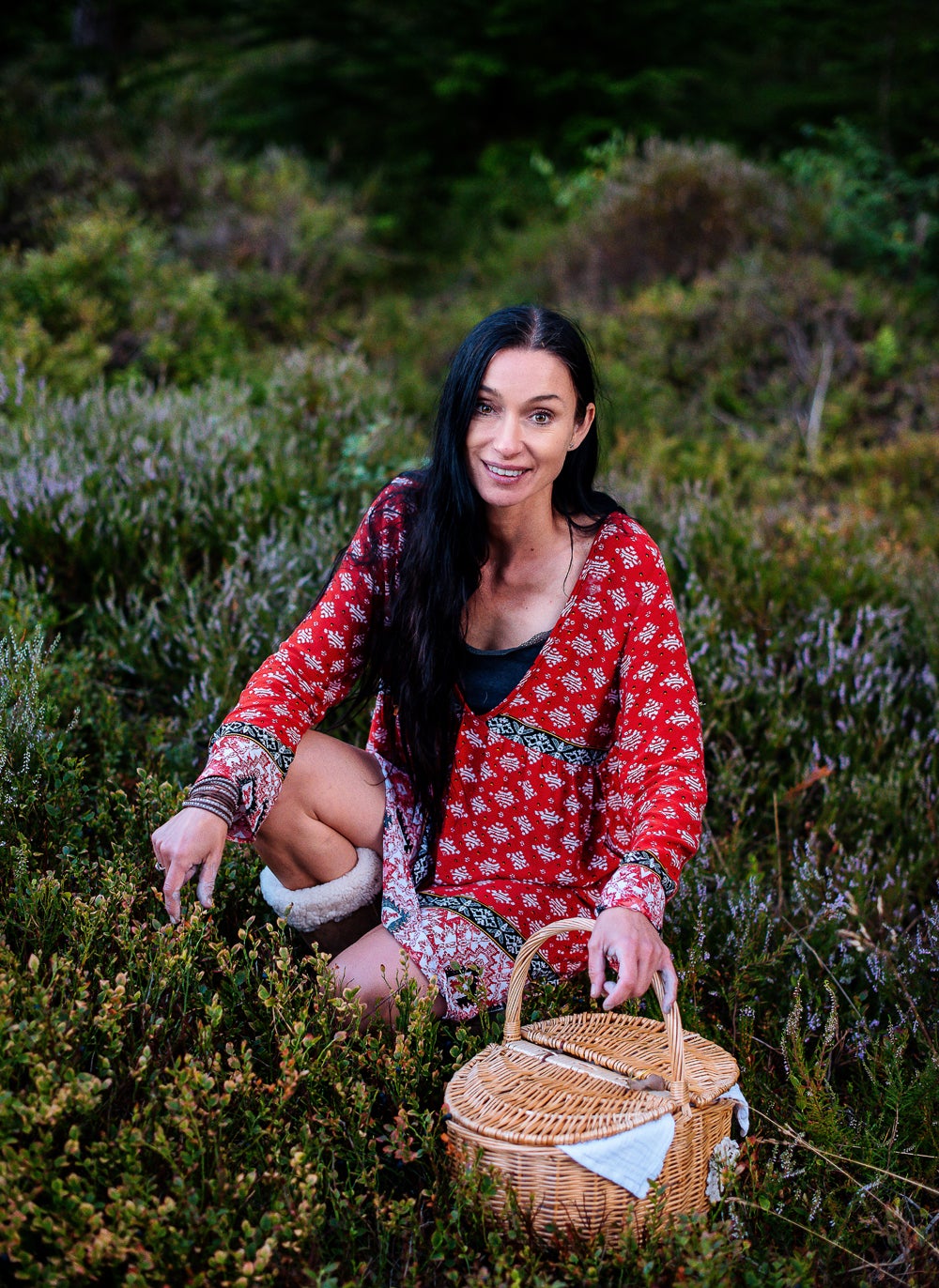
When her eldest daughter Maya went to “normal school” at the age of 14, so she did not feel left out, Diana bought a £60 TV from Argos and they watched Waterloo Road, so she had something to talk about with her contemporaries and could “fit in.”
But once they had watched it all, Diana promptly ditched the TV.
She said: “We bought a TV from Argos and we knew everyone was watching Waterloo Road. We watched it together so when my daughter went into school she could still fit in.
“It was quite a project.”
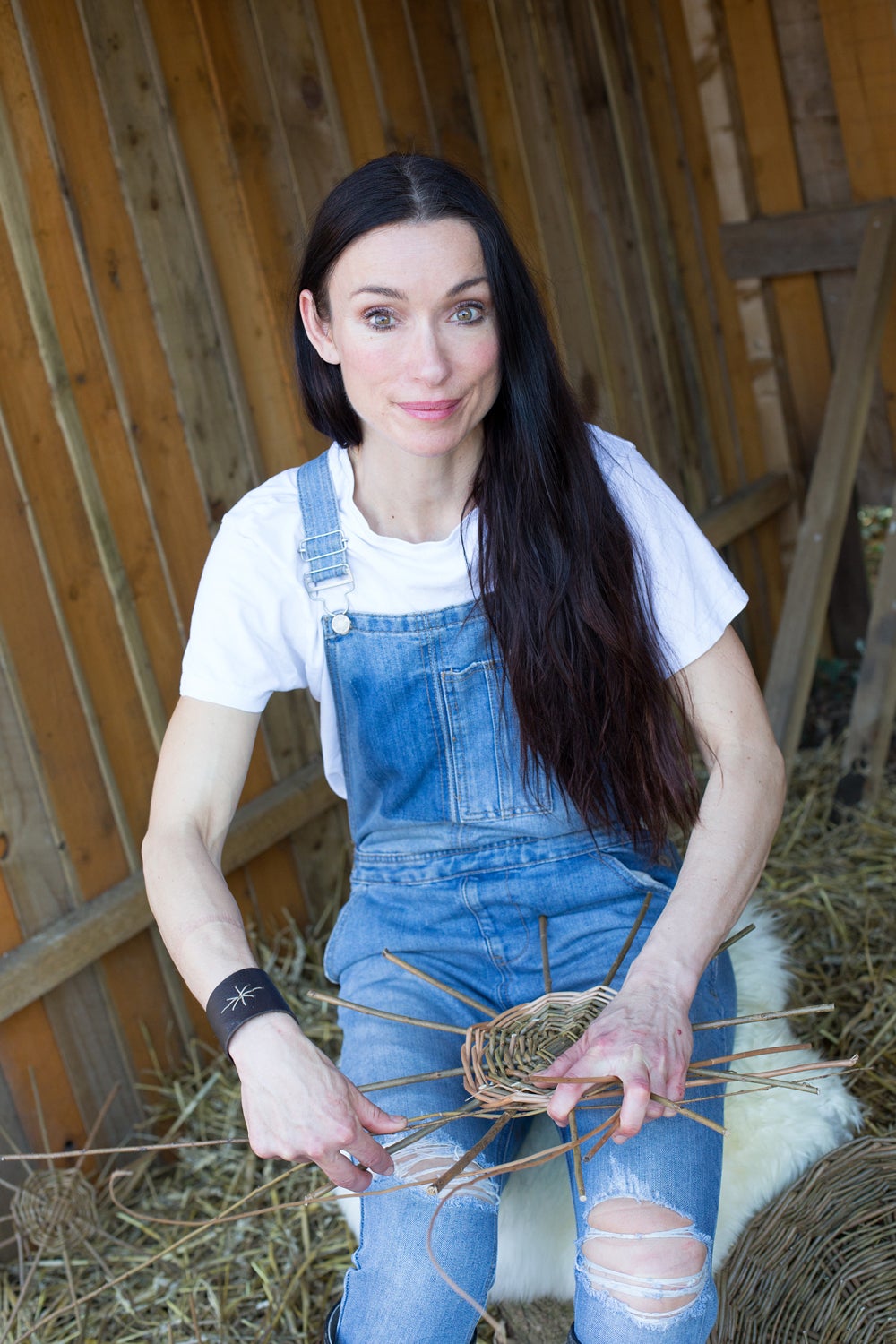
With her children now adults – Maya has just finished her university course in Bloodstock Studies at the Royal Agricultural University, Noah is a mechanic and Matthias, 18, is studying his A-levels and still lives at home – Diana’s life has changed again.
Living in a house since 2010, she insists that, despite their unconventional upbringing, her children are all very well-balanced “normal” people, but are equipped with additional life skills to survive an apocalypse.
She said: “I’m so proud of my children, they are all living normal lives and do the things that everyone does, but my daughters and sons can sew, bake, and make anything.”
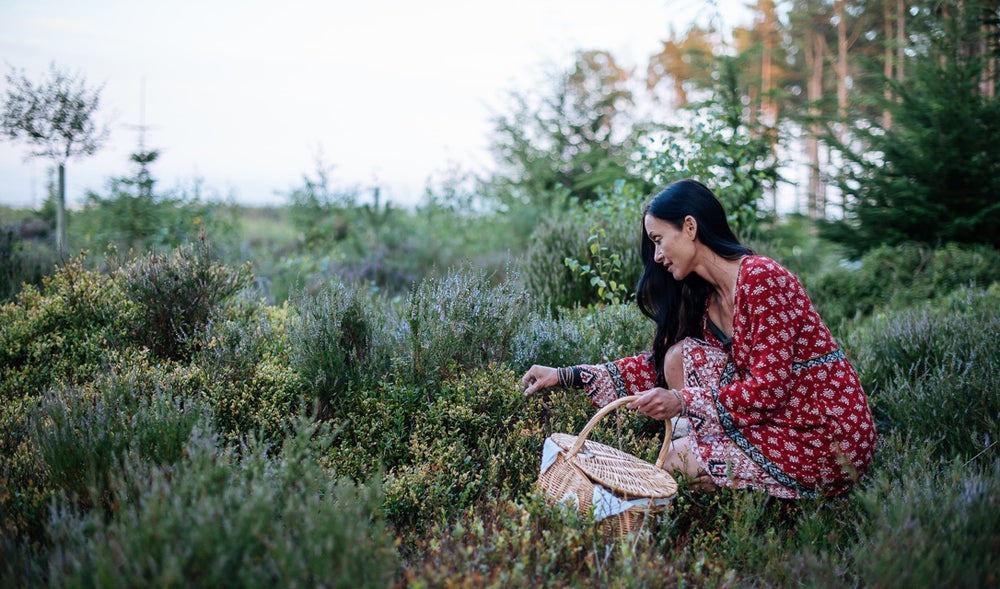
She added: “They still like going out socialising, but they have all these skills.
“And I hope now, through my coaching, that I can help as many people as I can learn how to survive in nature.”







